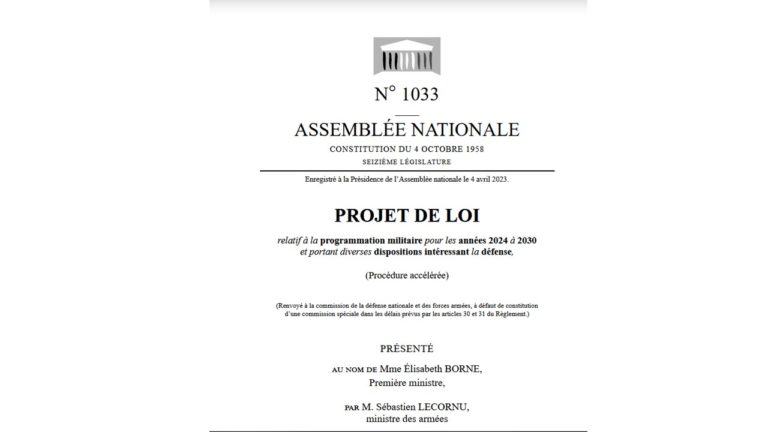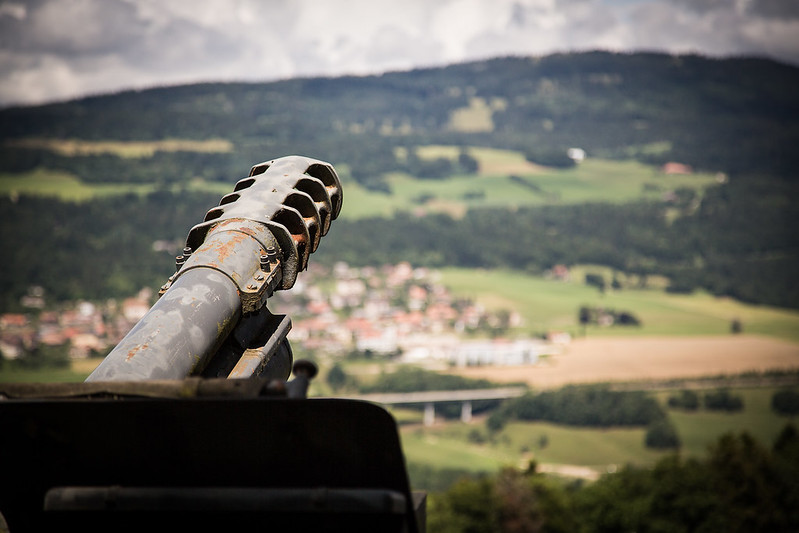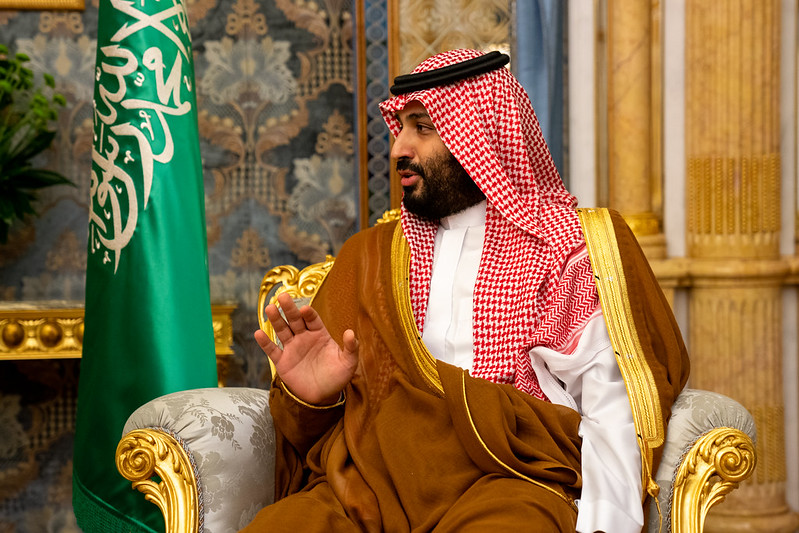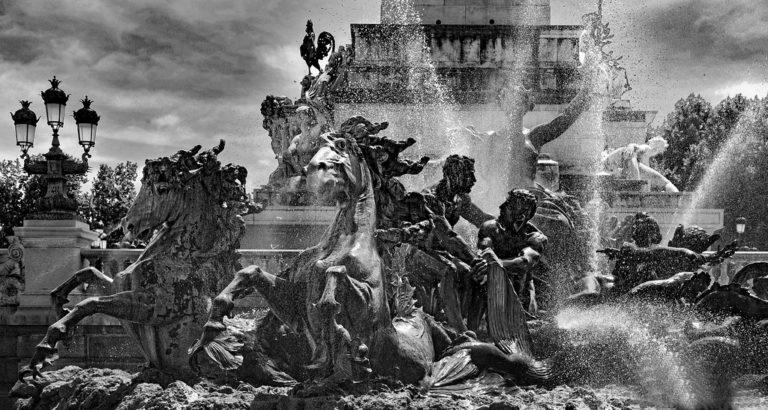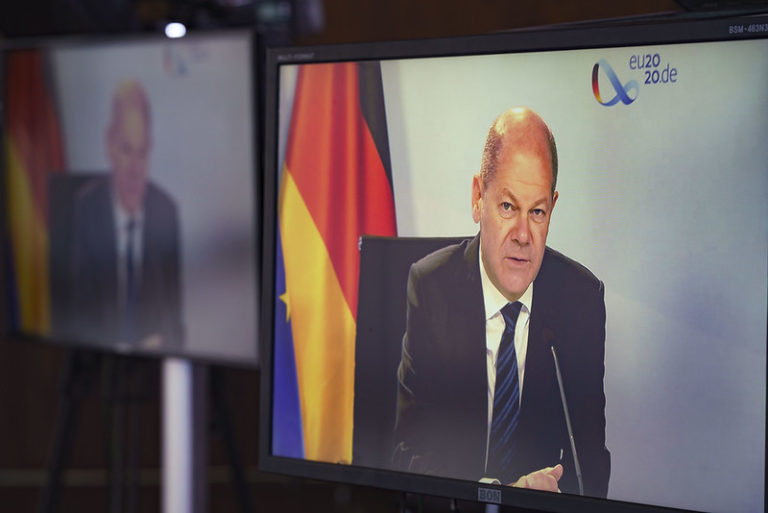Letter from La Vigie, dated 5 JULY 2023
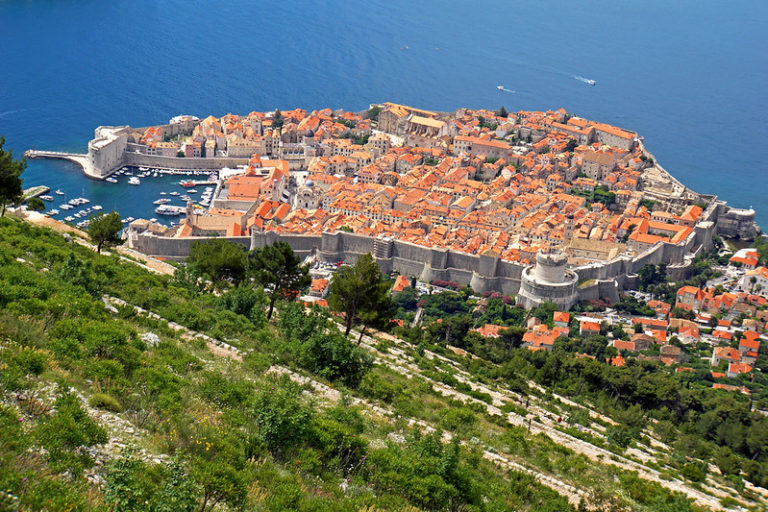
Germany’s new security strategy
Last June, Germany published its first-ever national security strategy. Even though the document is obviously general in scope and its concept of “integrated security” is not necessarily convincing, it has the merit of seeking to instil a culture of security in all Germans and to open up a democratic debate. France also has a special place in this strategy.
To read the article, click here
Croatian crossroads
Croatia is traditionally seen as a Balkan country, although it also sees itself as a Central European country. A good pupil of the EU and NATO, it is gradually freeing itself from the historical legacy (Austro-Hungarian and Yugoslav) that has long corseted it. The Rafale purchase should encourage France to move closer to the country.
To read the article, click here
Lorgnette: Legitimate violence
The recent riots in France have raised the question of violence in politics. It is seen by some as an alternative route when democratic processes are blocked. Thus, many have justified the violence committed during the Gilets jaunes crisis or the pension reform by a so-called democratic deficit. At least in these two cases there was a political background. This does not seem to be the case with the riots that have been shaking the country for the past few days: the observer gets the feeling of gratuitous, anarchic and destructive violence. While there are undoubtedly social, educational, police or judicial motives behind these actions, the violence nonetheless seems crude and lacking in any political objective.
Faced with this, the State must react and ensure public order. This is why lawyers explain that it has a monopoly on legitimate violence. Legitimacy comes from the sovereign people, who delegate to the State the task of organising life in society. The whole issue is that of the violence to be used in response to raw violence. Measuring violence is the way to confirm this legitimacy.
This is certainly a difficult task.
JOCVP
Photo crédit : archer10 (Dennis) on Visualhunt
Subscribers: click directly on the links to read online or download the pdf issue (here), always with your login/password. New readers: read the article by issue, by clicking on each article (€2.5), or subscribe (discovery subscription €17, annual subscription €70, orga. subscription €300 excl. tax): here, the different options.

